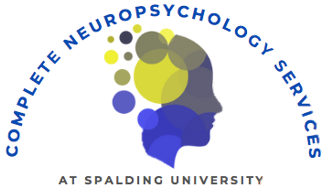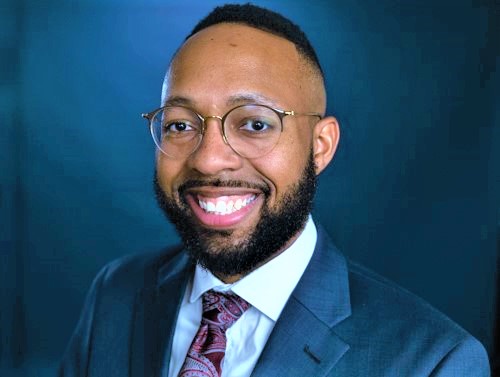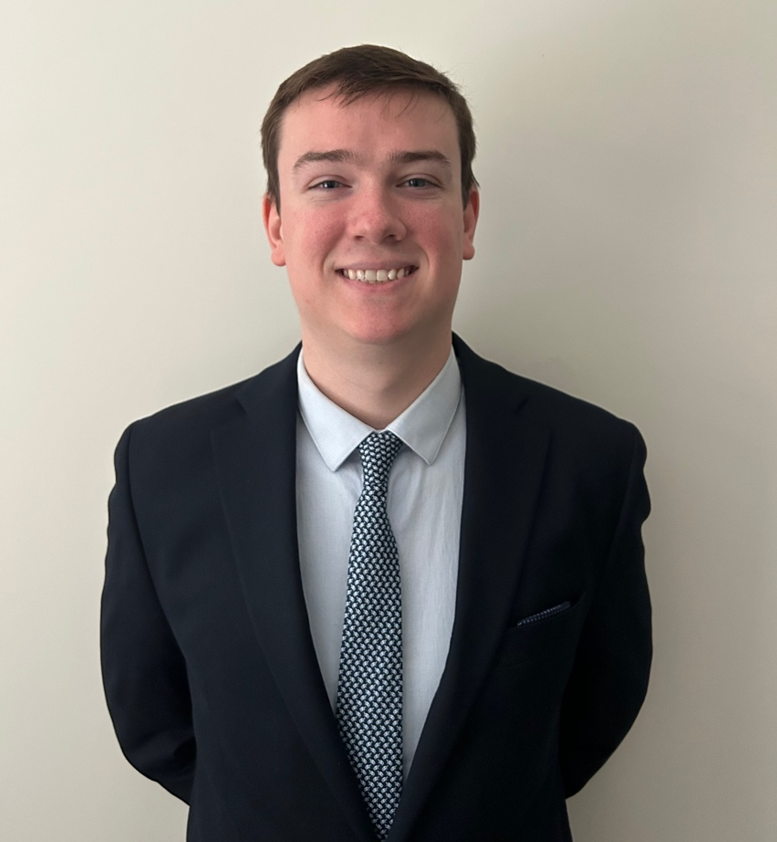
Neuropsychological Services
The CNS at Spalding University is the premier site for neuropsychological testing conveniently located in downtown Louisville. Our directors have a wealth of experience and knowledge in clinical neuropsychology. In addition, the CNS provides supervised training for doctoral level Clinical Psychology students. Here you will find compassionate clinicians from a wide range of backgrounds who will listen to you and your concerns.
A neuropsychological evaluation (NPE) is a comprehensive set of assessments carried out by a neuropsychologist that tests a wide range of mental functions. A neuropsychologist is a psychologist that has received specific training in how the brain works. NPEs serve many functions, such as helping with diagnosis and treatment planning, assessing cognitive ability, or establishing a baseline.
An interview with a clinician and a set of tests. The interview usually takes around an hour, this is done to evaluate your current level of functioning. Sometime family members are interviewed too. Tests are standardized, meaning they are given and scored in a similar manner to everyone. These results are compared to individuals who have similar demographics to you. Tests are non-invasive, often working on pencil and paper, face to face with a clinician. Sometimes they are given on a computer. Evaluations include:
-
- Clinical Interview (client and/or caregiver)
- Neuropsychological Testing
- Report Writing
- Feedback
The exact duration of the test depends on the number of assessments given as decided by your clinician, and your medical history. You will be free to take breaks in between assessments as needed. You can generally expect to spend 4 – 6 hours for the complete evaluation
Most likely you were referred for a NPE by your physician. Common reasons for this include assessing memory problems, confusion, difficulty recognizing things, difficulties in decision making, or changes in personality ect.
Get a good night’s rest, eat a healthy breakfast, and take any medication as you normally would. There is no way to study for the test(s). Make sure to bring a list of your medications, your medical history, and any hearing or visual aids with you.
Unfortunately, we do not accept insurance but can provide a superbill so that patients can seek reimbursement from their insurances. We only require 20% deposit on the day of your visit and the remaining balance can be paid overtime but must be paid before we release a copy of the report (which takes about 2-3 weeks to complete).
We accept cash, check, debit/credit card, Flexible Spending Accounts (FSA), and Health Savings Accounts (HSA).
We recognize the potential for financial burden when it comes to accessing neuropsychological testing. Our clinic strives to provide equitable services to everyone. Each month, we work with patients and families to offset/completely reduce the cost of evaluations on a case-by-case basis.
We do not perform medicolegal evaluation (e.g., worker’s compensation/disability, personal injury, or criminal issues) in the CNS clinic.
Neuropsychological Evaluations help to provide:
Diagnoses of central nervous system disorders
Consultation of CNS disease causality, progression, and prognosis
Recommendations/referrals for the patient’s treatment
Evaluations include:
Review of developmental, educational, family, psychiatric, and medical history
Clinical interview w/patient/caregiver(s)
Comprehensive Neurological Testing Assessing:
Mental Status
Intellectual & Acedemic Functioning
Language
Memory
Visuospatial/Construction
Motor Abilities
Attention and Processing Speed
Executive Functioning and more

Dr. W. F. McBride is the co-director and co-founder of the Complete Neuropsychology Services clinic within the Center for Behavioral Health and the Neuropsychology program within the School of Professional Psychology. He brings a wealth of experience working with older adults and neurodegenerative disorders to the SOPP. He completed a clinical neuropsychology fellowship within the Department of Neurology at the University of Virginia Health System in Charlottesville Virginia. Prior, he completed a military veteran-focused fellowship at the Tennessee Valley HealthCare System and internship with the Vanderbilt/Veteran Affairs Professional Psychology Consortium. He received his doctoral degree from the Virginia Consortium Program in Clinical Psychology. He is the treasurer and a co-founder for the Society for Black Neuropsychology. His research interests include neuropsychology within minority communities and health disparities. Lastly, he is a scholar within the Black Men’s Brain Health Initiative funded by the National Institute of Aging, Alzheimer’s Association, and the NFL Players Association.

Dr. Hannah Richardson is the co-director and co-founder of the Complete Neuropsychology Services clinic within the Center for Behavioral Health and the Neuropsychology program within the School of Professional Psychology. She is a Clinical Neuropsychologist with a wide range of experience working with neurologically compromised individuals throughout their lifespan. She is a Louisville native and a graduate from Spalding University’s School of Professional Psychology Program. Following graduate school, she received neuropsychological-specific internship training at the third largest Veteran’s Affair Medical Center in the country, the Louis Stokes Cleveland VA Medical Center. To continue her career, she received advanced training through a fellowship in neurology, neurosciences, and rehabilitation at the University of Toledo Medical Center. As a recipient of the Women in Neuropsychology Award, Dr. Richardson aims to provide mentoring and clinical experiences to promote well-rounded training in clinical neuropsychology.

Maxwell Ronyak is a 2nd year doctoral student at Spalding University’s Clinical Psychology Doctoral program. He is originally from Denver, Colorado and received his undergraduate degree from Xavier University in Cincinnati, Ohio. Max is interested in studying neurodegenerative diseases, strokes, and traumatic brain injuries in adults and older adults. By becoming a neuropsychologist, Max hopes to identify and slow down diseases that impair functioning and aid people in the process of aging. When he is not reading or studying, he enjoys spending time with his family and watching football/basketball.

Franklin Senger is a 2nd-year student at Spalding University’s Clinical Psychology Doctoral program. He is originally from Cincinnati where he completed his Bachelor’s in Neuroscience at the University of Cincinnati. His interests primarily include internalizing and cognitive-based disorders. Before graduate school, he worked as a firefighter/EMT where he became more aware of the great need for mental health awareness within this field of first responders. A goal of his is to bring impactful and culturally competent care to underserved communities.
Appointment Inquiry – CNS
Please complete the appointment inquiry form below.
Please do not submit confidential personal identification and/or financial information with your inquiry.
If you are a healthcare and/or allied healthcare professional, facility, or agency please submit referrals by fax or email with subject line “CNS REFERRAL” with attached records. Fax: (502) 585-7159; Email: [email protected]
You must be logged in to post a comment.